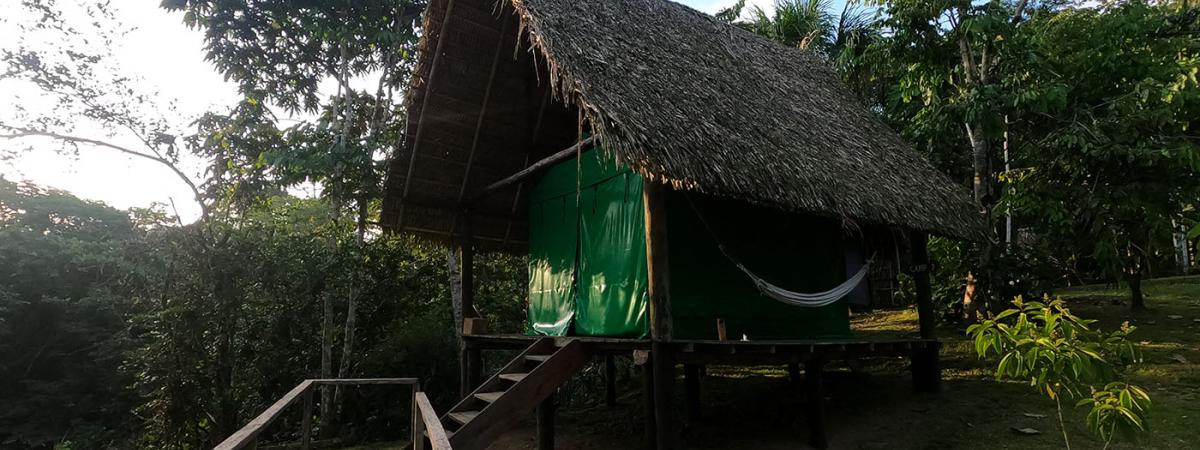Study abroad at its core includes international travel. Even for a short period, any travel can have a significant impact on a location, a population and the world. We encourage all of our study abroad students to respect the environment, be thoughtful and sustainable with travel practices.
Students can take small steps to be more sustainable during travel:
- Be aware of the UN Sustainable Development Goals and how you can contribute
- Sign the Green Passport Pledge
- Understand your Carbon Footprint
- Use Case Western Reserve's Sustainability Resources
We have cultivated a list of sustainability and environmental studies-focused programs available for study abroad. Please note, this is not a comprehensive list and most large universities offer at least limited programs in these areas.
Tips for Sustainable Study Abroad Experiences
Your Host University/Program Provider
You can ask the following questions to learn more about the sustainability practices of your host university or program provider:
- How is environmental responsibility integrated into their mission?
- How is the university/program giving back to the community?
- Is there a university/organization-wide statement on diversity and social justice?
- Are green housing options available?
Commuting
- Utilize public transportation and walk or bike whenever you can
- If possible, live close to where you study; walking to classes every day instead of taking a train from the suburbs will reduce your carbon footprint and probably provide you with a more intimate study abroad experience
Food & Water
- Cook at least a couple of times a week - restaurants often have additional packaging and higher food waste than cooking at home
- Buy and eat locally grown and processed food
- Carry a reusable water bottle and see if you can go the entire program without buying a bottle of water
- Use water sparingly and take quick showers, especially in drought-prone areas; challenge yourself to three minutes or less
- Use biodegradable soaps and organic sun block or bug repellent
Local Support
- Support local businesses, artists and restaurants instead of multinational chains and bring your own bag(s)
- Learn about the local ecology and environmental concerns
Souvenirs
- Avoid buying kitschy souvenirs that will eventually get thrown out
- Never take away “samples” from historical sites, parks or cultural areas


